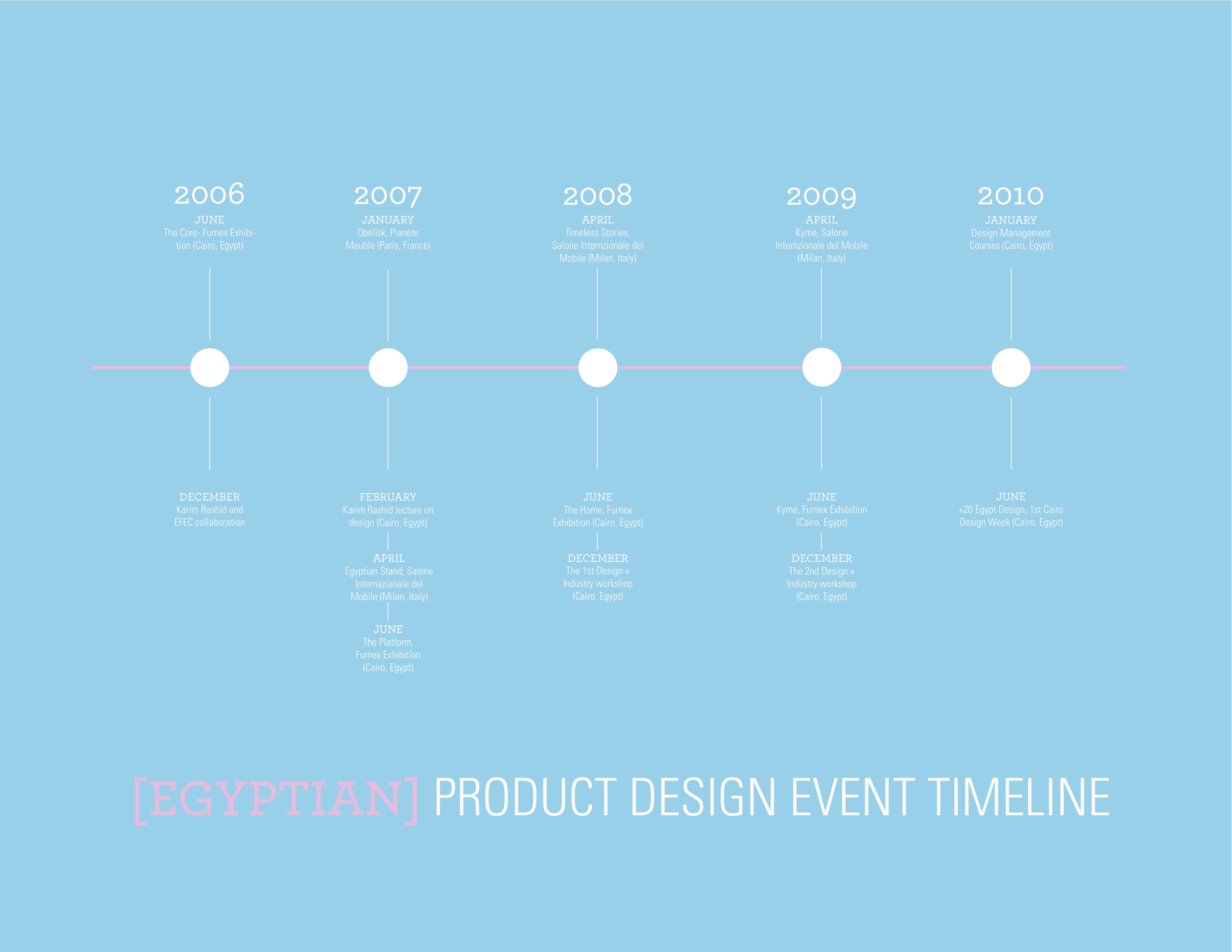NEW YORK, December 21, 2011 – Arab thought and culture quarterly magazine Kalimat has launched their fourth issue for Winter 2012. Kalimat is an intermedia company that features bold and engaging political analysis, design, film, fashion, music, cultural affairs and new media content.
The Winter issue covers Kalimat`s four dossiers: Current Affairs, Culture, Art and Design and New Media. The 152-page (cover-to-cover) issue is Kalimat’s Egyptian Design Issue. Readers can look forward to refreshing features that focus on the design landscape in Egypt today, are experimental in content and varied in interest. Articles include conversations with leading Egyptian and international designers such as Shahira Fahmy, Karim Mekhtigian, Christophe Pillet, Francesco Rota, Mohamed Fares, Mona Hussein, Dina El Khachab and Cherif Morsi, a feature on conserving Egypt’s ancient history in its urban centre, and a look at Tahrir through The Politician, a film directed by Amr Salama, which is comic exposé of Hosni Mubarak, questioning what it takes to be a dictator and cartoonishly studying his hair-dying ritual to expose his superficiality.
Kalimat remains a platform for for Arab cultural creatives to engage in thought and action around ideas, people and business moving the world forward. Of note is a discussion of the emergence of Libya’s revolutionary rap and hip hop scene, a look at the Arab world’s transportation system, and an opinion piece on non-traditional sexual arrangements. Infographics throughout the issue highlight the value of communication through data visualisation.
Kalimat also features a podcast, Isma3oo No. 4, which features features a talk by our Creative Director and Editor from the “Artistic Arabs in America” event in Washington, DC on issues arising from the intersection of education and cultural production (particularly in the Arab region); an exploration and commentary of issues of nostalgia, technology, and what was lost and gained through recent developments with Arab music; a song by an artist featured in the issue; and a sneak preview of an upcoming project by Kalimat (which promises to be a lot of fun). The Isma3oo podcast is accessible in many ways, through iTunes, SoundCloud, or on our website.
Kalimat Magazine, Issue 04, Winter 2011, is available online at www.kalimatmagazine.com.
About Kalimat Magazine
Kalimat Magazine is committed to rejuvenating Arabic culture by providing an outlet for political, cultural and social expression within the Arab region and its Diaspora. At the same time, it is a visual communication tool that serves to change prevalent perception of Arabs. The purpose is to be an open outlet for expression and to increase participation within the cultural/creative scene, providing a platform for Arab cultural creatives to engage in thought and action around ideas, people and business moving the world forward. Therefore, the content is created by Arab people, the writers are Arab, the editors are Arab, the people featured are Arab.
Web: www.kalimatmagazine.com | Twitter: @kalimatkalimat | Facebook: Facebook.com/KalimatMagazine | Monthly newsletter and communiqués |
For further information:
Rawan Hadid
Communications + Public Relations | Kalimat Magazine |
rawanhadid@kalimatmagazine.com | +1.646.541.2961 |
www.kalimatmagazine.com | http://www.twitter.com/kalimatkalimat

[Image from Kalimat Magazine]